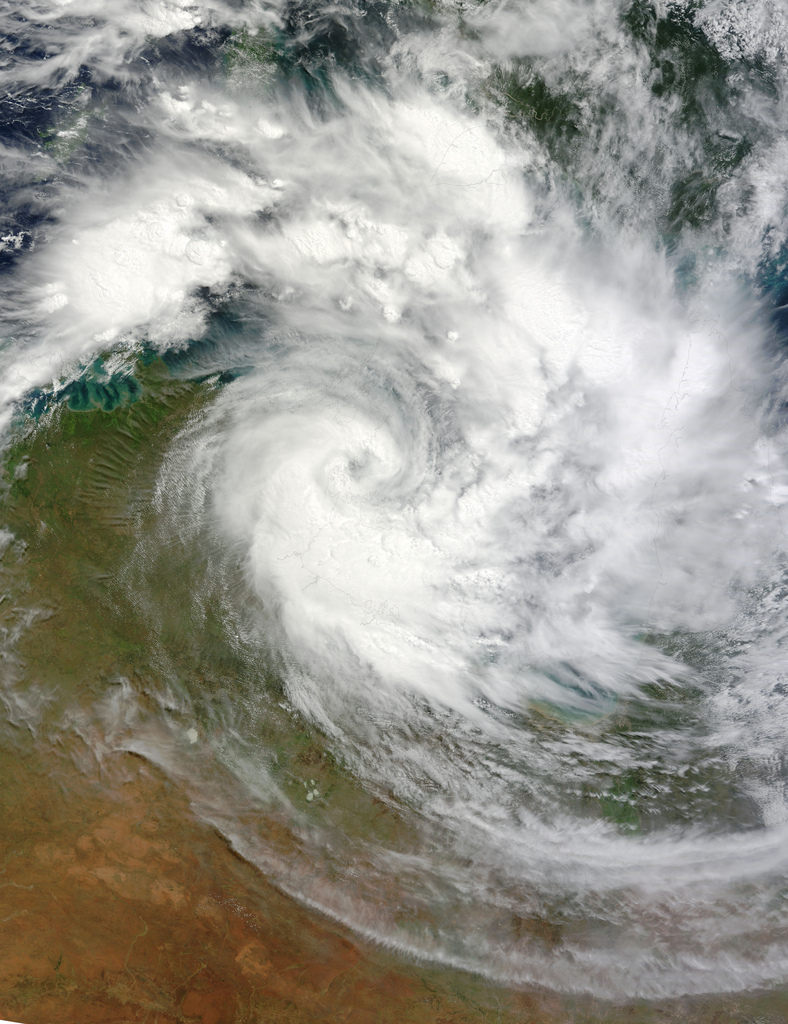


The World We’ve Made: Every 5 Seconds A Child Dies From Malnutrition And Hunger
Man can and must prevent the tragedy of famine in the future instead of merely trying with pious regret to salvage the human wreckage of the famine, as he has so often done in the past.” – Norman Borlaug, agronomist, humanitarian, and Nobel laureate. In a previous post, Agriculture In The 21st Century, the amount of food produced in the world that is wasted (1/3 of food produced) was brought up. In that post, a number of experts were quoted, stating that malnutrition and hunger could be ended if unused food were properly distributed. Malnutrition and Hunger The following statistics from the World Food Programme show the severity of the lack of food distribution in the world, chiefly highlighting its affect on the children of the world: Every five seconds a child dies because of hunger. 854 million people worldwide do not have enough to eat, more than the combined populations of the United States, Canada and the European Union. Hunger is the world’s no.1 health risk. It kills more people every year than AIDS, malaria and tuberculosis combined. One in seven people in the world will go to bed hungry tonight. Asia and the Pacific region is home to over half the world’s population and nearly two thirds of the world’s hungry people. 65 percent of the world’s hungry live in only seven countries: India, China, the Democratic Republic of Congo, Bangladesh, Indonesia, Pakistan and Ethiopia. Undernutrition contributes to five million deaths of children under five each year in developing countries. One out of four children – roughly 146 million – in developing countries is underweight. More than...
20 Years Ago The World’s Leading Scientists Issued A Still Unheeded Warning: We Must Change
We the undersigned, senior members of the world’s scientific community, hereby warn all humanity of what lies ahead. A great change in our stewardship of the earth and the life on it, is required, if vast human misery is to be avoided and our global home on this planet is not to be irretrievably mutilated.” – from the World Scientists’ Warning to Humanity. In November of 1992, around 1,700 of the world leading scientists gathered to issue a warning to humanity. It was signed by the majority of the Nobel laureates in the sciences. It’s language was strong, urgent, and today it still holds startling relevance for humanity and the planet on which we live. Here is what 1,700 scientists, with as if one voice, issued their urgent warning on: The Environmental Crisis Our massive tampering with the world’s interdependent web of life — coupled with the environmental damage inflicted by deforestation, species loss, and climate change — could trigger widespread adverse effects, including unpredictable collapses of critical biological systems whose interactions and dynamics we only imperfectly understand. Uncertainty over the extent of these effects cannot excuse complacency or delay in facing the threat.” The Population Crisis The earth is finite. Its ability to absorb wastes and destructive effluent is finite. Its ability to provide food and energy is finite. Its ability to provide for growing numbers of people is finite. And we are fast approaching many of the earth’s limits. Current economic practices which damage the environment, in both developed and underdeveloped nations, cannot be continued without the risk that vital global systems will be damaged beyond repair.”...
The Missing Puzzle Piece: Cooperation, The Third Integral Aspect Of Evolution
Scientists from a wide range of disciplines have attempted for more than a century to explain how cooperation, altruism, and self-sacrifice arose in our dog-eat-dog world. Darwin himself was troubled by selfless behavior. Yet in his great works, the problem of cooperation was a sideshow, a detail that had to be explained away. That attitude prevails among many biologists even today.” The above and subsequent quotes on cooperation in evolution and human society come from Martin Nowak’s and Roger Highfield’s book, Super Cooperators: Altruism, Evolution, and Why We Need Each Other to Succeed. Does Cooperation Hurt Survival Of The Fittest? Why weaken your own fitness to increase the fitness of a competitor? Why bother to look after anyone besides number one? Cooperation goes against the grain of self-interest. Cooperation is irrational. From the perspective of Darwin’s formulation for the struggle for existence, it makes no sense to aid a potential rival, yet there is evidence that this occurs among even the lowliest creatures. … This looks like a fatal anomaly in the great scheme of life. Natural selection should lead animals to behave in ways that increase their own chances of survival and reproduction, not improve the fortunes of others. In the never-ending scrabble for food, territory, and mates in evolution, why would one individual ever bother to go out of its way to help another?” To Compete Or Cooperate We are all cells in the same body of humanity.” —Peace Pigram (Mildred Lisette Norman) In the game of life we are all driven by the struggle to succeed. We all want to be winners. There is the honest...
Compassion & Altruism Are The Keys To Personal, Social & Global Happiness Says Neurologist Dr. James Doty
It has been stated many times that survival is of the fittest, but when one reads Darwin closely this is not the case. Rather, the more accurate statement, coined by Dacher Keltner, Ph.D. and other leading social scientists, is ‘the survival of the kindest.’ Paul Ekman, Ph.D., a leading expert on emotion describes an ever expanding body of scientific evidence that being compassionate affords significant benefit to oneself and society in his recent article in JAMA. In addition to evidence that survival may be enhanced by caring for others, there are now findings suggesting that the statement made by the Dalai Lama, ‘if one wishes to make others happy be compassionate, if one wishes to be happy be compassionate,’ in fact, has great validity.” Dr. James Doty, a Clinical Professor of Neurosurgery at Stanford University and Director of The Center for Compassion and Altruism Research and Education found in his research that compassion directly affects a person’s well being. Compassion Increases Happiness & Immunity & Decreases Stress But happiness alone is not the only benefit of being compassionate. In a number of studies using a variety of psychological and biological measures and neuroimaging techniques, compassion not only stimulates one’s pleasure (reward) centers but also leads to a decrease in biological markers of stress and an increase in indices of adaptive immune function.” Compassion Improves Survival Of The Species, Leads To Happiness & Improved Health So what’s not to like about being compassionate? It improves survival of the species, leads to happiness and results in improved health. The reality is that while science and technology have the potential to offer...
